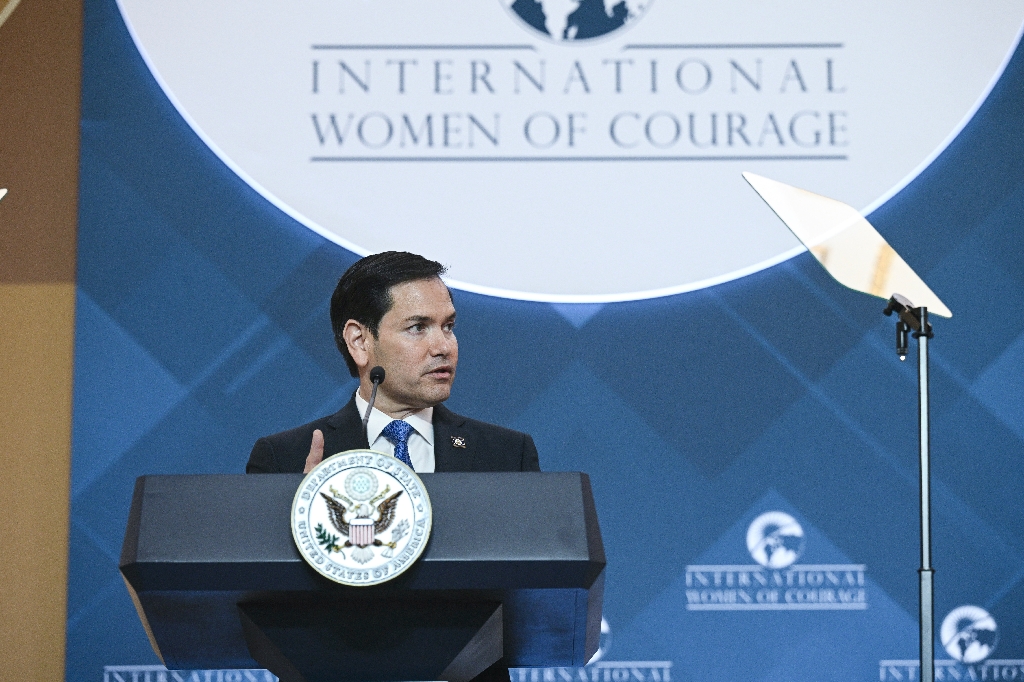(AFP) – Jimmy Carter held a unique place in US politics: he was the oldest former president and a Nobel peace laureate, but his one term in office was forever tainted by his inability to end the 1979 Iran hostage crisis. Carter, who died Sunday at the age of 100, arguably wielded his greatest influence not during his 1977-1981 term in the White House, but in the decades following, when he served as a global mediator, rights activist, and elder statesman.
The Southern Democrat, who left 1600 Pennsylvania Avenue in January 1981 after a crushing election loss to Ronald Reagan, was perceived as naive and weak in the dog-eat-dog world of Washington politics. Even within his own party, the Georgia native with the broad toothy grin — a “born-again” Christian who taught Sunday school well into his 90s — was something of a persona non grata for a long time. But as the years passed, a more nuanced image of Carter emerged, one that took in his post-presidential activities and reassessed his achievements, like the brokering of a peace deal between Israel and Egypt.
He placed a commitment to human rights and social justice at the core of his tenure as the 39th president of the United States. That dedication later served as the cornerstone of The Carter Center, which he founded in 1982 to pursue his vision of world diplomacy, earning broad international praise. Carter represented a new generation of Southern men who were more tolerant and progressive on issues of race. The former president — who had been both a naval officer and a peanut farmer — heartily embraced his roots. “I am a Southerner and an American,” said Carter, a virtual unknown on the national political scene when he launched his presidential campaign ahead of the 1976 election.
**From farm to White House**
James Earl Carter Jr. — the full name he rarely used — was born on October 1, 1924, in the small farm town of Plains, Georgia, south of Atlanta — the same town where he lived out his golden years. After seven years in the navy, where he worked on the nuclear submarine program and rose to the rank of lieutenant, he returned home to run the family peanut farm. But eventually, politics came calling. He served in Georgia’s state senate and took over as governor in 1971. Only a few years later, his unlikely White House bid began.
Carter arrived in Washington in January 1977, sworn in to head a country needing a strong leader to dispel the gloom left over from the Vietnam War, the Watergate scandal and a deep recession. For the first time since 1968, the Democrats controlled the White House and Congress, so hopes were high as Carter took office.
**’Extraordinarily difficult’**
He enjoyed a strong first two years, with high approval ratings. A shining moment of his term in office was the historic 1978 Camp David Accords signed by Israel’s Menachem Begin and Egypt’s Anwar Sadat, which ultimately led to a peace treaty the following year. Carter also established diplomatic relations with China following the rapprochement initiated by then-president Richard Nixon, and endorsed solar energy, even installing solar panels on the White House.
But his administration hit numerous snags, the most serious being the Iran hostage crisis and the disastrous failed attempt to rescue the 52 captive Americans in 1980.
© 2024 AFP




